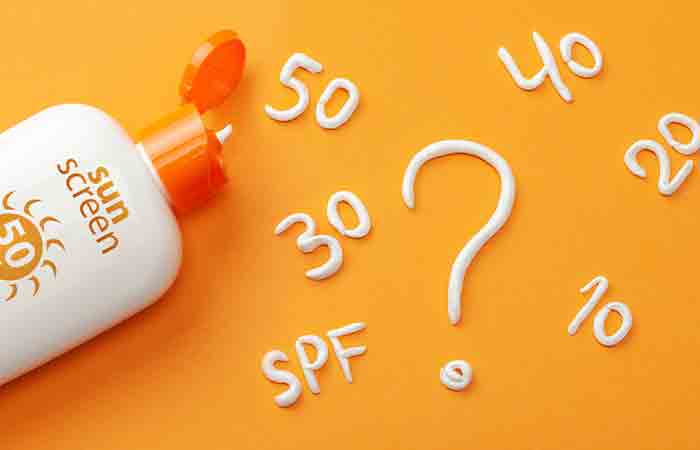
Navigating the World of Sunscreen: Choose Wisely, Stay Protected
In the vast spectrum of skincare products, sunscreen holds a paramount position. As your dedicated partners in skin health, our dermatologists in Jupiter believe that arming you with the right information is crucial to your daily skincare routine, especially when it comes to choosing the right sunscreen.
So, why is choosing the right sunscreen so important? Because when it comes to shielding your skin from the sun’s harmful ultraviolet (UV) rays, not all sunscreens are created equal. They come in various forms, each with different features designed to protect your skin. Understanding these differences can be the key to protecting your skin from sunburn, premature aging, and even skin cancer.
Understanding UVA and UVB Rays
Sunlight is composed of different types of rays, but UVA and UVB are the ones primarily responsible for causing harm to our skin. UVA rays penetrate deeply into the skin and are the main contributors to premature aging and wrinkles, while UVB rays burn the skin’s superficial layers, causing sunburns and playing a key role in the development of skin cancer.
1. Chemical vs. Physical Sunscreens
Chemical sunscreens work like a sponge, absorbing UV rays and converting them into heat, which is then released from the skin. They contain active ingredients like avobenzone and oxybenzone. On the other hand, physical sunscreens (also known as mineral sunscreens) act like a shield, sitting on the skin’s surface and deflecting harmful rays. They are typically made of zinc oxide and/or titanium dioxide.
2. Broad-Spectrum Sunscreen
Broad-spectrum sunscreens are designed to protect against both UVA and UVB rays. Considering the damage that both types of rays can inflict on your skin, it’s crucial to find a sunscreen that boasts this feature.
3. Sun Protection Factor (SPF)
SPF is a measure of how well a sunscreen can protect the skin from UVB rays. For instance, if you typically burn in 10 minutes without sunscreen, an SPF 30 sunscreen would theoretically allow you to stay in the sun 30 times longer without burning. However, the protection doesn’t increase proportionally with the SPF number. SPF 30 blocks nearly 97% of UVB rays, while SPF 50 blocks about 98%. Remember, no sunscreen can block 100% of UV rays.
4. Water-Resistant Sunscreen
If you’re planning to swim or sweat, opt for water-resistant sunscreen. These products are designed to stay effective for up to 40 or 80 minutes while swimming or sweating.
5. Creams, Lotions, Sprays, and Sticks
The form of sunscreen can matter depending on the situation. Creams are great for dry skin and the face, lotions are good for application over large areas, and sticks are useful for around the eyes. Sprays are convenient, especially for reapplying, but make sure to use enough and not to inhale the product.
Remember that the right sunscreen for you depends on many factors, including your skin type, sensitivity, and intended outdoor activities. If you have questions about which sunscreen is best for your unique skin, or if you have specific skin concerns, don’t hesitate to reach out to us at Genesis Dermatology Premier. Together, we can ensure that your skin is healthy, protected, and radiant under the sun.
Remember, no sunscreen can block all UV rays, but by choosing the right one, you can greatly reduce your risk of skin damage. It’s an investment in your skin’s future!

